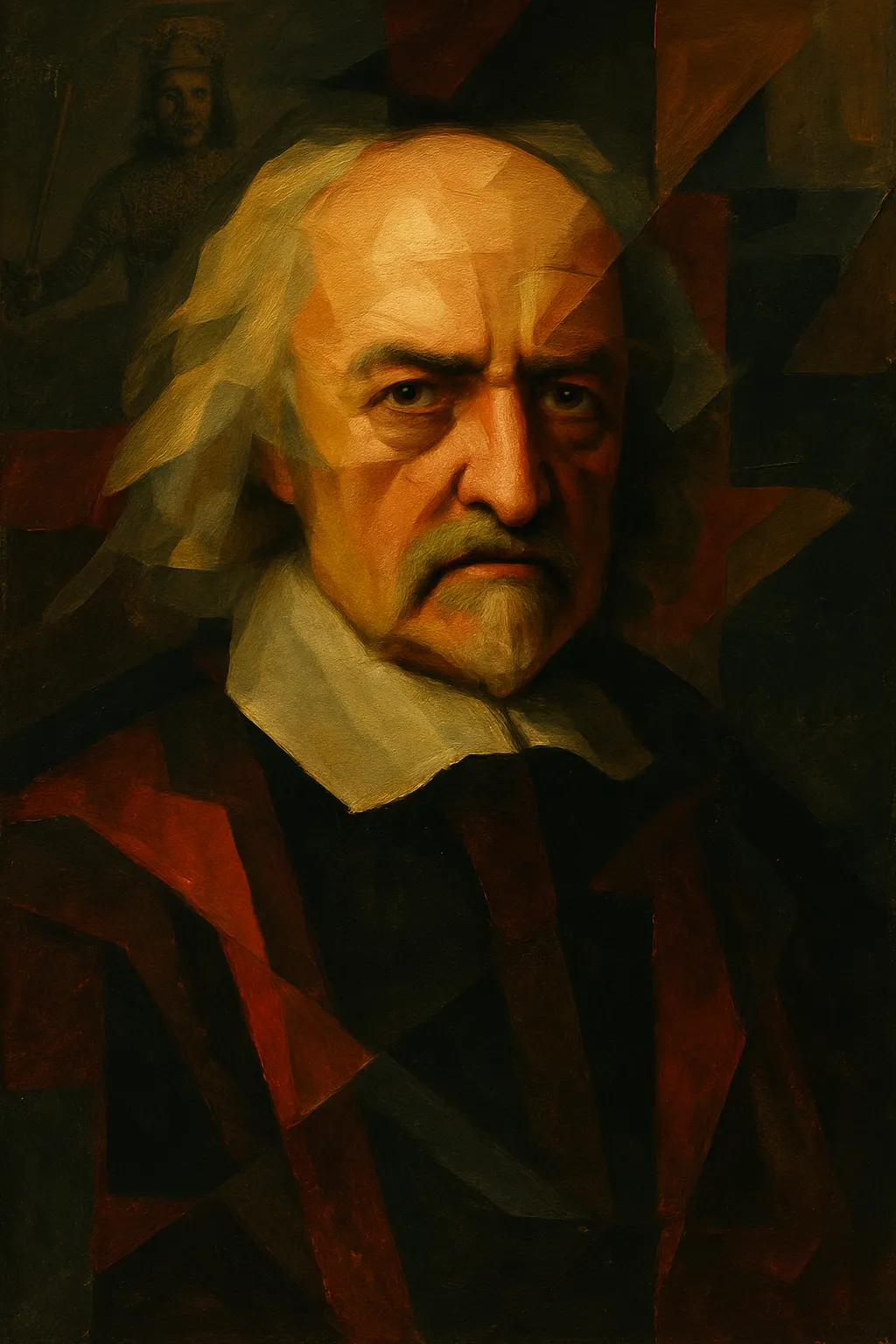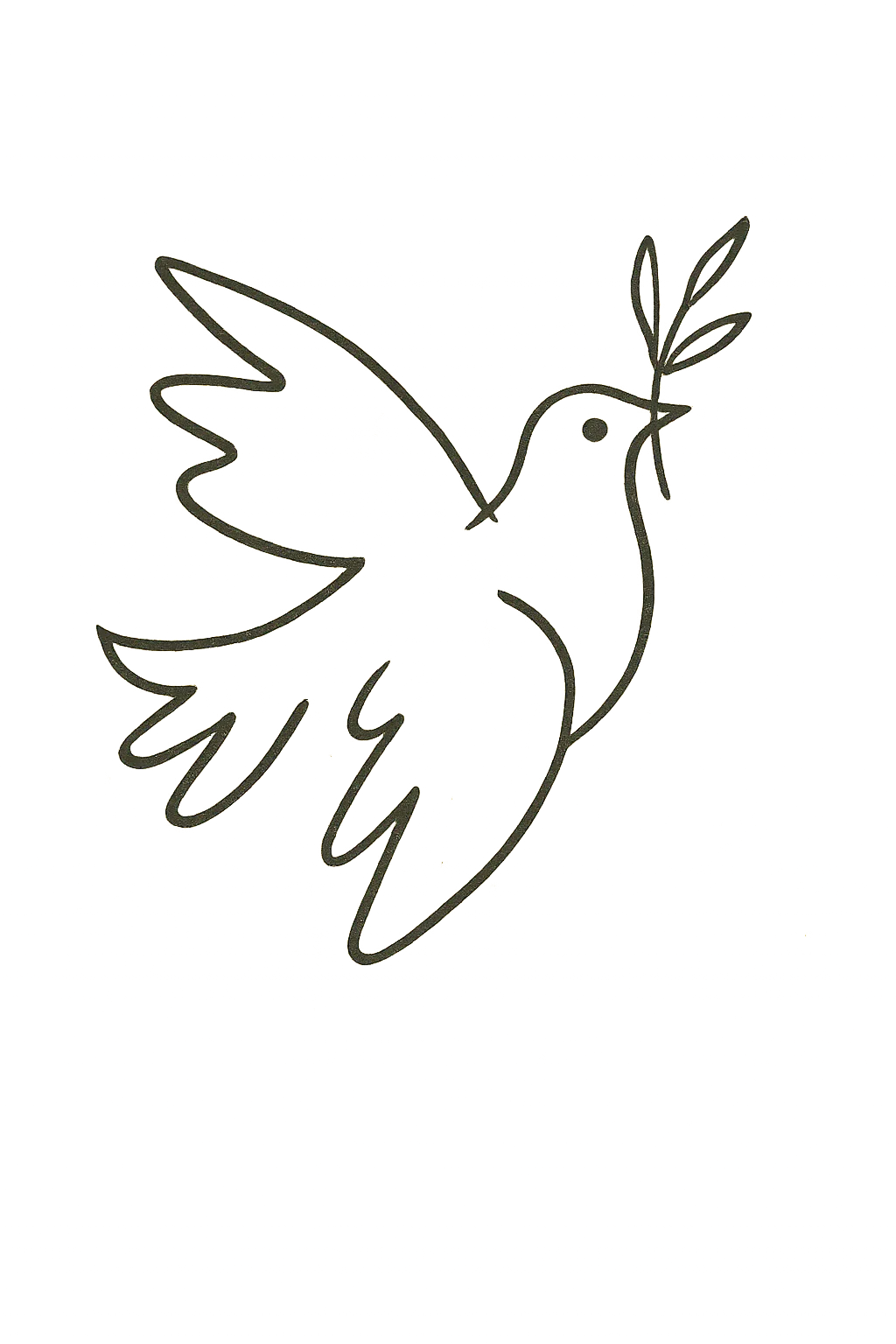Courses á LaDotta
The following courses are available or in the pipeline:
Build Your Own Media Network Mini-Course (hands-on mini-course)
From Hobbes to Hettne and Beyond — an Invitation to Time-Travel by Peace Theory (intermediate)
Basic Peace Theory from Kant to the Unipolar Moment and Beyond (basic)
Discourse Analysis: Archaeology & Genealogy (advanced)
Course work offered by LaDotta
LaDotta offers hands-on mini-courses, as well as academic quality courses from basic to advanced levels of study. All courses are relevant to the wider field of inquiry that peace studies is.
LaDotta aims at being relevant also to those with no former university education, and will suggest which courses to take to build your knowledge from scratch. The only requirement is that you are able to read English (or understand it when spoken and read-aloud).
The courses cover academic know-how, such as research theory, methodology, good practices, as well as hands-on courses aiming to be how-to guides to develop your pro-peace habits (scroll down for details).
Build Your Own Media Network Mini-Course
I have often been asked about my media practices, i.e. how I relate to and 'use' the media. Generally, this is a very difficult question to answer because it demands attention and a bit of dedication. This course aims at introducing you to sound media practices as an approach to build your own media network. It is a 5 lessons course, going through sources, how to differentiate between analysis and propaganda, recognising stereotypes and narratives, it provides a quick introduction to media politics and a guide on how to find your most trusted analysts.

From Hobbes to Hettne and Beyond — An Invitation to Time-Travel by Peace Theory
The course is currently under development. It is aimed at students who have some knowledge of social science theory and history of ideas. However, it will be useful also to people who have similar knowledge independent of any former university education.
Sign up to get an invitation to join the recording of the course, and to the Q&A session following each lesson — no charges.
Basic Peace Theory from Kant to the Unipolar Moment and Beyond
Peace theory is a whole school of thought, with roots long back in time, stretching far beyond the development of Enlightenment philosophy. While peace theory encompasses the liberal (or democratic) peace hypothesis first formulated by Immanuel Kant, it also includes numerous other theological, philosophical and scientific approaches to the peace question coming to us through the millennia — as the symbol of the white dove with the olive branch itself illustrates.
This course is a basic introduction to this wide and deep school of thought. It will bring you in touch with Hellenic theatre, the Crusades and Abrahamitic theology and philosophy. The core of the course however, focuses on the Enlightenment and Modernism and how these intertwine colonial imperialism from the 1490s AD and on, with peace theory being the major red thread.
Sign up to get an invitation to join the recording of the course, and to the Q&A session following each lesson — no charges.


Discourse analysis: Archaeology & Genealogy
The course introduces you to Foucault's methodological approach. This is a full and advanced research methods course, and comes with a reading list, a workbook and free material.
This course is on an advanced academic level, and is suitable for graduate or post-graduate students, as well as academic staff who want to be able to supervise and examine students properly, or start using the method in their own research. In some cases undergraduates in their final year, preparing for thesis research, might find the course helpful — if they have taken previous courses on constructivism, Michel Foucault or similar.
Sign up to get an invitation to join the recording of the course, and to the Q&A session following each lesson — no charges.
Become the change you want to happen.
© Copyright 2025 LaDotta Peace Academy - Privacy Policy - Terms & Conditions